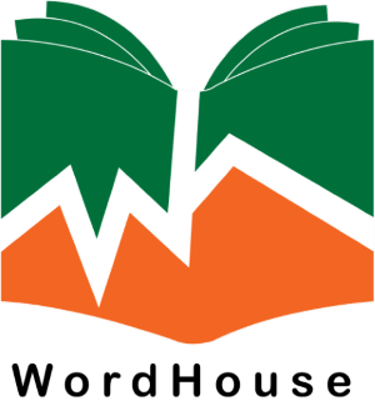Six Writing Prompts for Curating Memory in Creative Non-Fiction
WORKSHOPWRITING AT WORDHOUSE


Curating Memory in Creative Non-Fiction
Memory is key to creative nonfiction. In memoirs and biographies, writers use their own lives to tell real stories. But memories can be tricky. They change over time and can be hard to remember clearly.
Writing prompts can help. They can unlock your thoughts, focus your memory, and overcome writer’s block. Prompts can also help you find new ways to tell your story. This can make memory work more fun and rewarding.
Write Prompt One
Tapping on First Memories. First memories are special. They can tell us a lot about who we are. Think about your earliest memory. Where were you? What did you see, hear, and feel? Use details to make the memory real.
Can you remember how you felt at that moment? Does this memory connect to other events? Can you use it to tell a bigger story? How did this memory influence your outlook on life? Look for patterns in your life. Connect how this analysis factor in the larger theme of your personal narrative. By exploring your first memories, you can create a more interesting and meaningful story.
Write Prompt Two
Revisiting Early Milestones. Childhood milestones are important. They show us how we've grown. Think about your first day of school. You were excited and nervous at the same time. Did you have a friend there? Remember the big room and the noisy kids.
What about your family vacations? Did you go to new places or visit family? These trips can show how you grew up and learned about different cultures. Winning or achieving something can show you your strengths and goals. These milestones can help you track your progress.
Use details to make these memories real. What did you see, hear, and feel? How did these events shape you? Describe the sights, sounds, smells, tastes, and textures that defined the moment. How did this experience influence your identity? How does it fit the broader narrative of your life?
Writing Prompt Three
Capturing the Family Dynamics. Family is important. It shapes who we are and how we see the world. When you write about family, show the good and the bad. Think about a big family moment. What happened? How did it change you?Be fair when you write about your family. Understand why they do what they do. Use dialogue and descriptions to show who they are. By being honest and understanding, you can create interesting and real characters.
Write Prompt Four
Exploring Transformative Life Events. Big life events can change who we are. Writers can explore these moments by comparing their life before and after. To show how these events affected them, writers can describe their feelings and experiences. Dialogue can help readers understand the writer's thoughts and emotions..
Write Prompt Five
Reflecting on Personal Growth and Change. Self-reflection can help you understand how you've grown. Think about a big change in your life. What were your challenges, decisions, and lessons? What moments were important? How did they change you? Describe your life before and after. What were your beliefs and feelings? What caused you to change? Reflect on your growth. What have you learned? How have you changed? By looking inside yourself, you can tell a real and interesting story.
Write Prompt Six
Banking on Memory in Storytelling. Memories are powerful tools for storytelling. They can add depth and meaning to your story. To combine different memories, find themes that connect them. Use transitions to move smoothly between memories. Experiment with different styles to keep your story interesting. Make sure your story has a consistent tone. By using memories well, you can create a meaningful and engaging story.


Gather your journal entries into memoir pages
there is a time for everything and a season for every activity under the heavens


